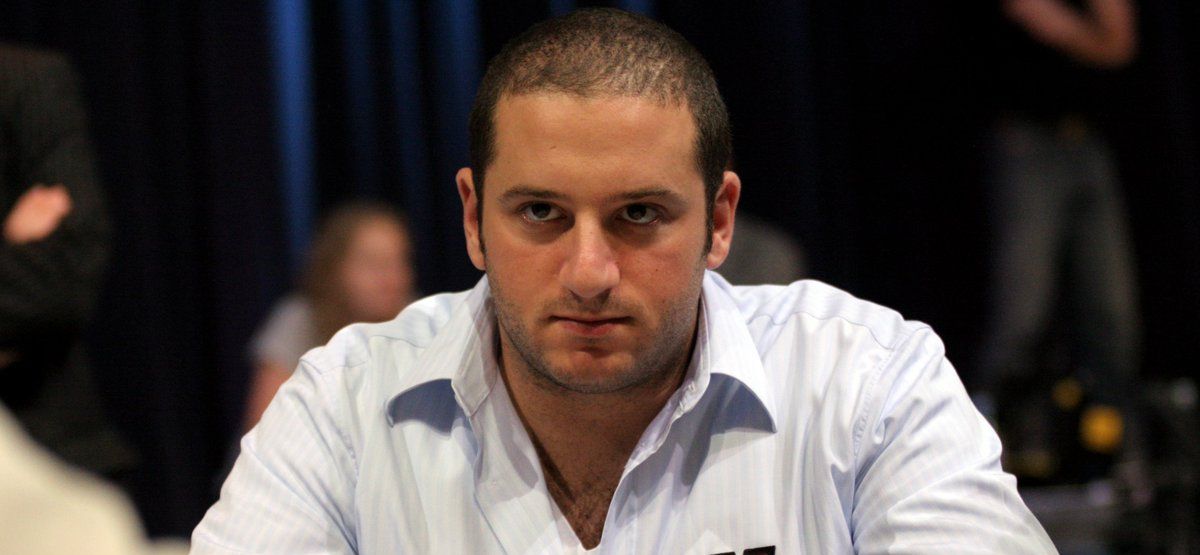
Showdowns are a rare commodity in poker. Even though no-limit hold'em isn't all about bluffing like the Hollywood movies would lead us to believe, and a solid, value-based, tight aggressive game plan is still the backbone of every successful strategy, it doesn't change the fact that hands rarely end with players revealing their hole cards.
Given the fact, that the main factor that we use to judge a value of something is its rarity, hero calls are the most impressive kind of play that one can make at a poker table. The existence of fold equity makes it so it's much easier to get away with an aggressive play like a turn check/raise or multi-barrel bluff. When we attempt a hero call we're going against the whole structure of the game, giving up all the advantages of aggressive lines, relying solely on our ability to make a correct decision with limited information in a narrow situation.
Example Hand
Let's start with an example and a famous one at that. On a way to his first EPT win, Jason Mercier made one of the more memorable hero calls in recent poker history. Jason opened with 95o preflop which - while far from being a standard play - was certainly excusable given the context of a 4-handed game. His opponent decided to call preflop with T3o which was an example of even more controversial hand selection and blind preflop check that followed made the situation look somewhat peculiar.
Mercier opted for a standard check back on the flop with a third pair and then proceeded to call down two overbets on running 8s pairing the board. In the case of a very rare kind of play like hero call, a single example can go a long way when it comes to highlighting all of the major elements that go into it.
Capped Ranges
Hands ending in a hero call usually involve a somewhat capped range of the aggressor. Hero calling in spots where the villain can have a wide variety of hands including some thin value bets is obviously a suicide. In the example linked above Koskas declined to 3bet which automatically removed some of the strongest combinations of hands from his range and then he proceeded with a very strange stop-and-go kind of line involving a blind check followed with two massive overbet barrels.
Lockdown Boards and Blockers
The more narrow the play the more important blockers become. When we're trying to catch the opponent on a bluff when he's representing only a few value combinations the removal effect of the board cards and our hole cards becomes one of the more important considerations. Going back to the Mercier vs. Koskas spot, young American blocked some set and two pair combos with his 5h, JJ was an unlikely set combination in a single raised pot and the second card in Jason's hand blocked the nut straight on the turn.

Sizing and Timing Tells
Lastly, let's talk a bit about sizing and timing tells. The size of our opponent's bets and the speed with which he or she makes them can put the finishing touches on our decision to hero call. This isn't the kind of information you should focus too much on but it's a nice bonus if you have a history with your opponent and you know what kind of player he or she is.
As a general rule, snap betting with big sizing is often a sign of weakness and that was certainly the case in the Mercier vs. Koskas hand, though this certainly isn't an axiom. Tight players with honest tendencies can use similar timing and sizing tells when playing their monsters so you shouldn't read too much into sizing and timing tells if you don't have enough information to interpret them correctly.


